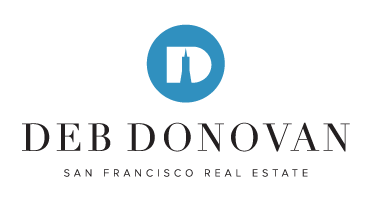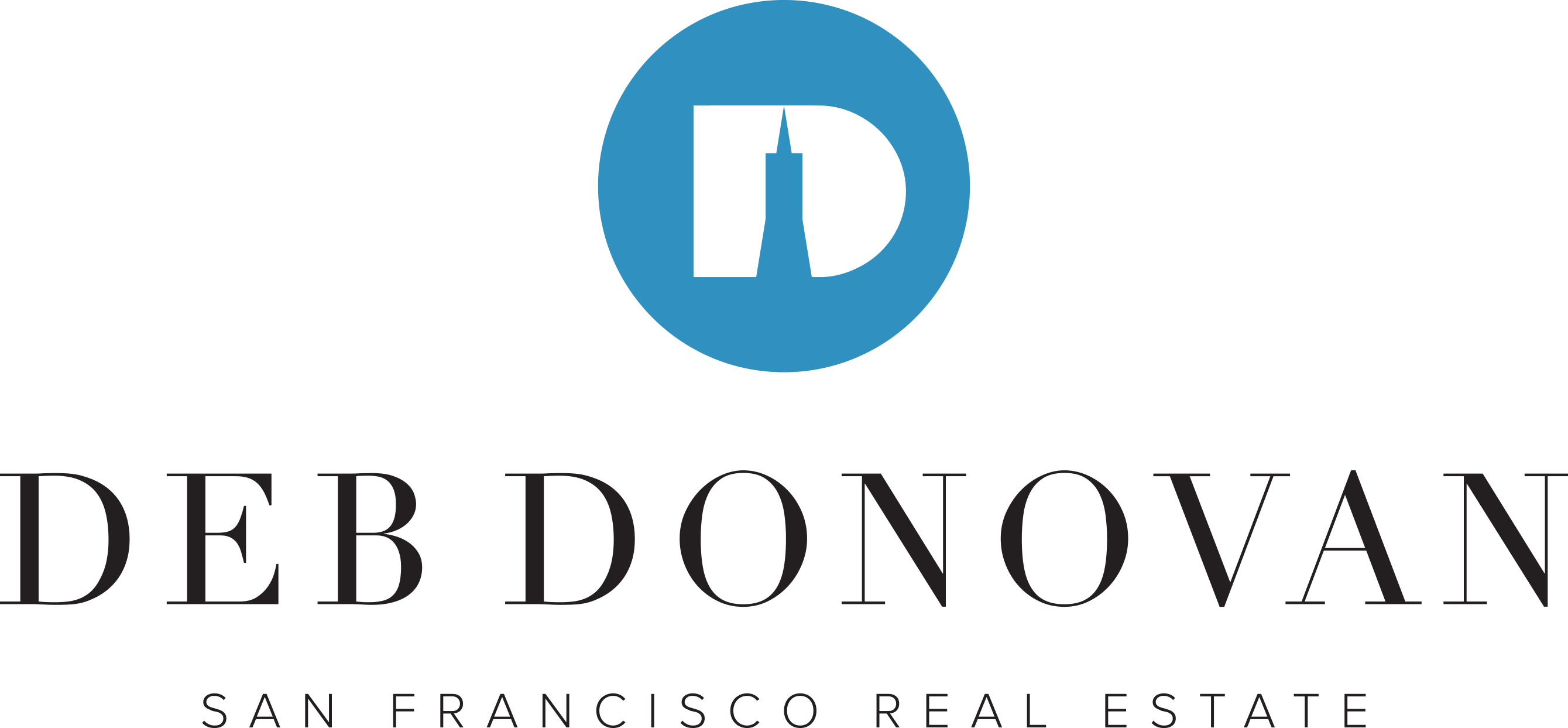Navigating Homeowner’s Insurance Challenges in California

Homeowner’s insurance. It’s one of the basic budget items when you own a home. If you have a mortgage, your lender will require that you carry it. And if something goes wrong, you’re grateful that you have it.
Attaining affordable homeowner’s insurance in California is not as easy now as it once was. As climate change worsens, wildfires proliferate, and the costs of construction and replacement rise, homeowner insurance has become more difficult to attain…and afford. Some insurance companies have either stopped writing policies in California or have paused on writing new policies. Even if you don’t live in a wildfire or flood zone, your insurance company may increase your premium. If you’re buying or selling a home you might have an additional hoop or two to jump through if your insurance company deems the property to be high risk or in a high risk area. We are hearing of insurance companies requiring roofs be replaced or replacing old knob and tube wiring before they will write a policy on a property.
Here are some tips if you’re having trouble finding insurance or your current insurance cost have risen:
- Review your current policy and make adjustments: If your insurance costs have gone up, remove any ancillary coverage you may have to save money. And/ or consider raising your deductible. This would mean you would have a larger upfront outlay for any claim, so be sure to have those funds available. Also realize that smaller problems may not be covered until your deductible is used. You may also be able to get a better deal by bundling all of your insurance needs (home, auto etc) with one company.
- Take wildfire mitigation steps on your property: Under a new California regulation, insurance companies are required to provide homeowners with a wildfire safety score when you apply for insurance or when they are renewing (or not renewing) an existing policy, and to offer discounts when a homeowner takes certain fire hardening steps to protect their property. This could include replacing your roof or windows, or even just creating 5 feet of cleared, defensible space around the home. Contact your insurance company and find out what steps you can take to better safeguard your home in order to manage insurance costs. (If you live within an HOA that requires certain landscaping, this may not be an option).
- Check Surplus / Non-Admitted carriers: While it may seem that insurance carriers have all abandoned California, in fact there are still 100 or so California “admitted” insurance companies to research. “Admitted” means that they are backed by the California Insurance Guarantee Program, which provides protections if a carrier becomes insolvent. (You can find the list here). If none of these are an option for you consider a non-admitted carrier. While they are not covered by CIGP, they may have the best options for you. Just be sure to research the financial strength of the company because if they do become insolvent you may be out of luck. A.M Best is one such research tool that you can find here.
- Consider FAIR coverage as a last resort: The FAIR plan ensures that all California homeowners have access to fire insurance coverage. However, it is expensive and not always comprehensive so should be seen as a stop-gap solution. Applicants may have to make some improvements in order to qualify. Recently coverage limits for commercial sites increased from $8.4 million to $20 million per location. This could help small to mid-sized HOA’s that have been hit the hardest to attain coverage.
- Contact the California Department of Insurance: Insurance companies must follow certain laws when they are cancelling a consumer’s policy. For example, they must give you 75 days notice as well as a detailed explanation for the cancellation. You should also find out if you can do any mitigation on the property to get reinstated. If you feel that your insurance has been unfairly canceled, contact the California Department of Insurance for help and guidance.
Most importantly, make sure you’re not UNDER-INSURED. Contact your insurance agent to make sure you have enough coverage should disaster come knocking on your door.
If you or someone you know is planning to buy or sell a home, I’m always here to help. A referral is the best compliment I can receive.
All information deemed reliable but not guaranteed or warranted.

